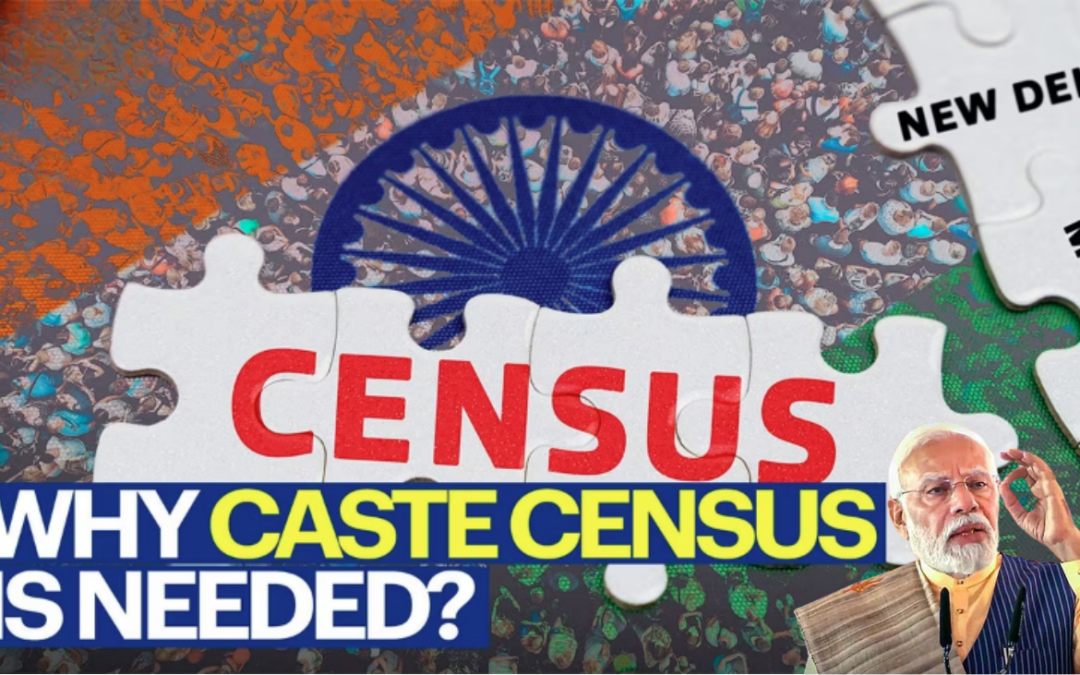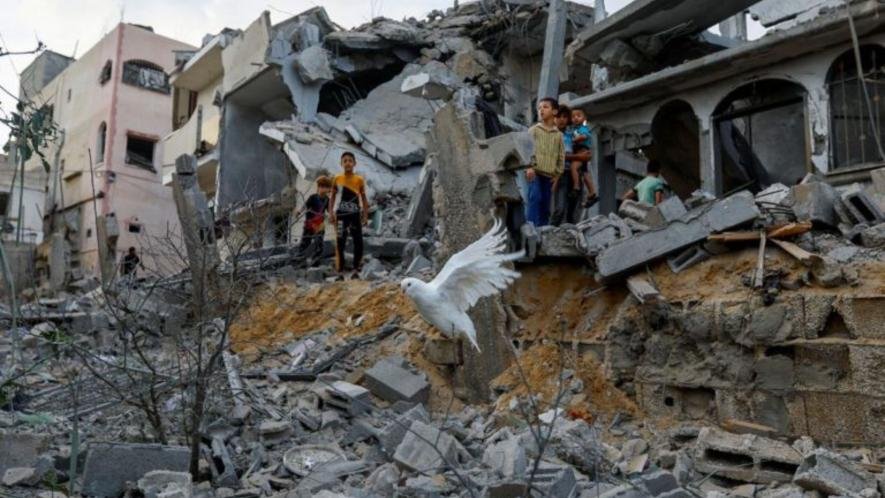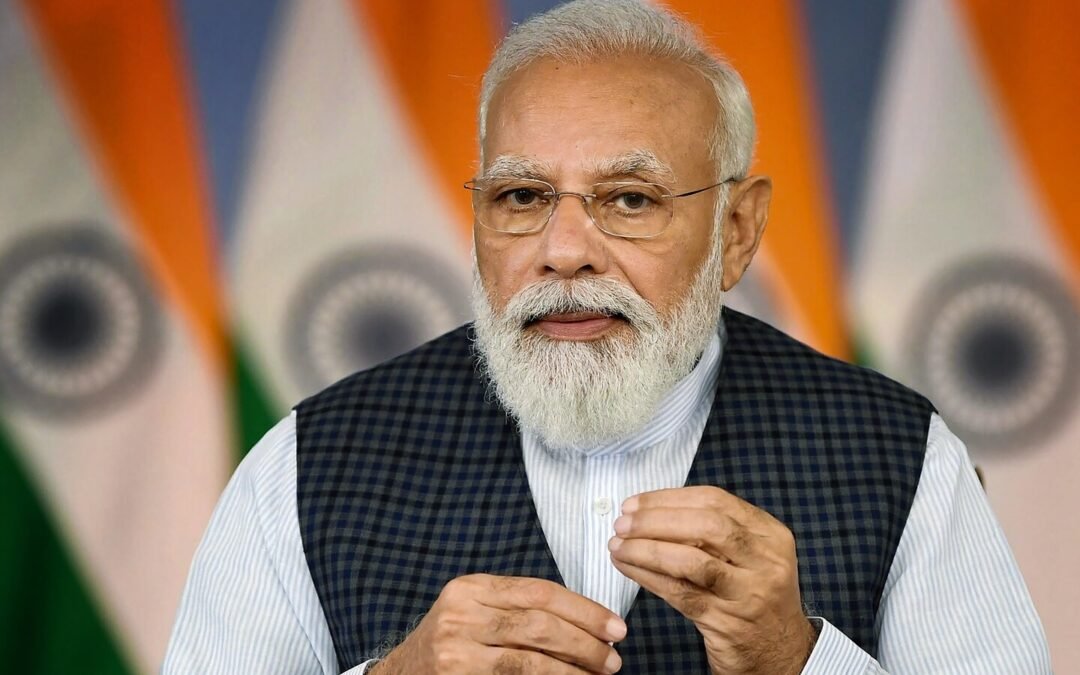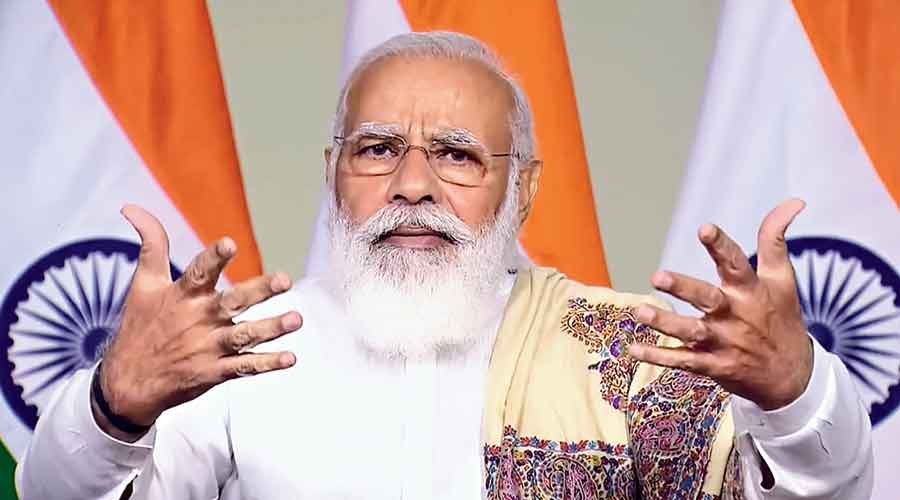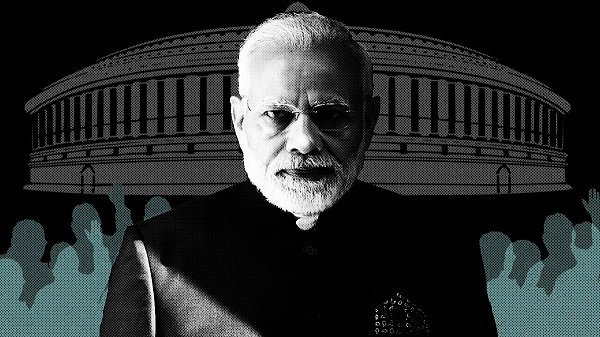
Critical Situation In India: Recommended Actions
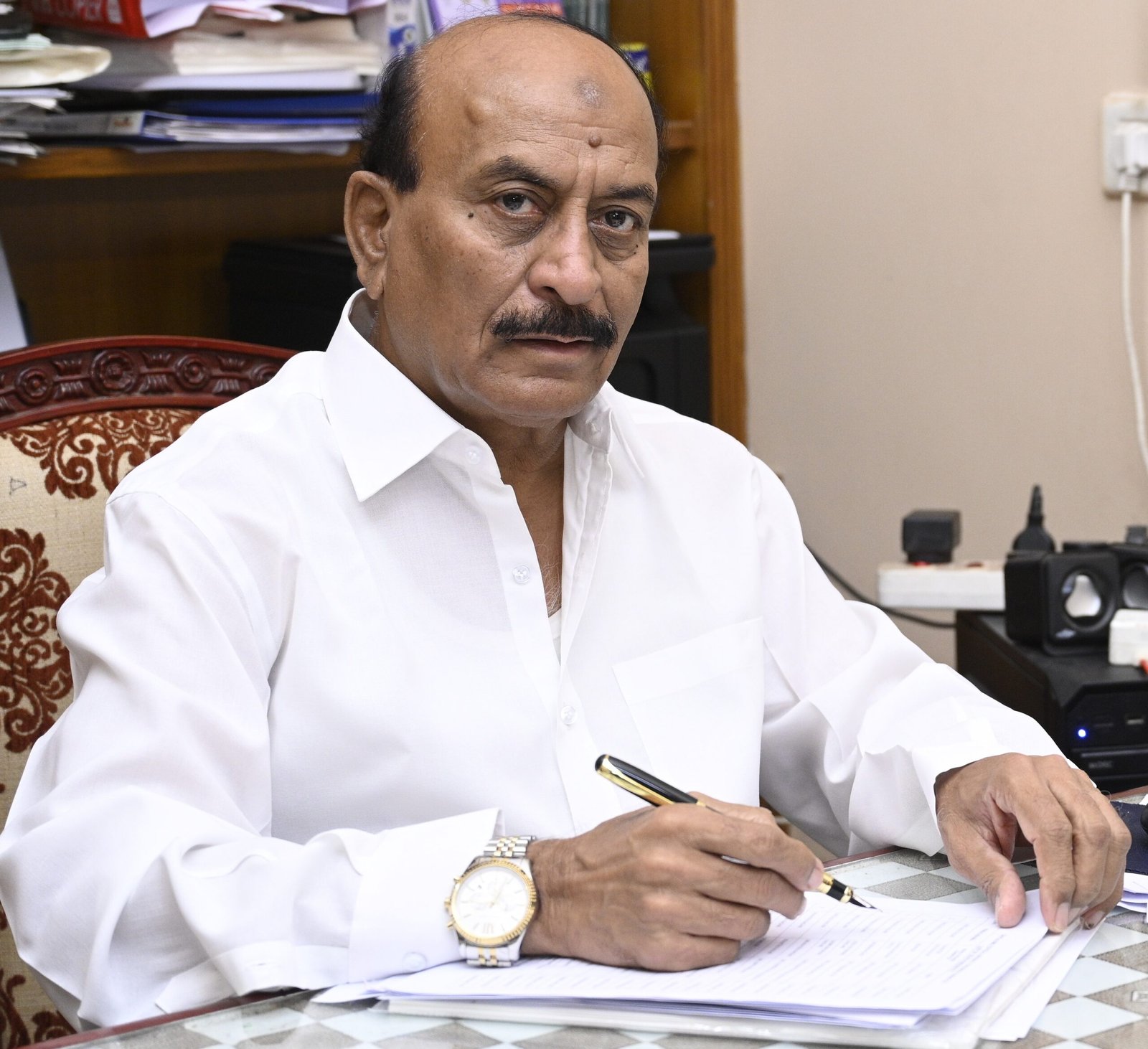

The present conditions in India have become highly challenging or should it be said that the present time marks the most serious moment for India in terms of potential threat to its democracy and secularism. The kind of atmosphere that is being shaped by the BJP in the name of the inauguration of Ram Mandir to draw mileage out of it for the upcoming 2024 general elections remains no secret for anyone. The BJP-led government is using every possible ploy to consolidate Hindu votes which could potentially push pluralistic India towards becoming the first-ever Hindu nation. All the democratic institutions in the country have been sabotaged with their organizational autonomy eroded, and the significance of civil society systematically undermined. There is also a noticeable shift towards giving more importance to ancient narratives and beliefs to take precedence over scientific principles and viewpoints. Media is influencing public discourse by becoming the mouthpiece of the ruling party. Additionally, social media platforms are being used to launch personal attacks on opposition leaders, spread false information, and incite hatred. Furthermore, central investigation agencies and law enforcement authorities are being wielded by the ruling party to suppress political opponents and those who express dissent.
As citizens of a democratic country, we are not mere subjects beholden to the arbitrary whims and fancies of a ruler, but participants in a system where beyond the privilege of voting, we are entitled to the fundamental right to articulate our opinions and advocate our perspectives. It is imperative that we actively exercise our rights, to connect with the legal system to hold the government accountable whenever and wherever it strays from the noble ideals of secularism and pluralism that underpin the vitality of our democracy. The civil society must effectively organise to counter any departure of the government from democratic values. The blatant disregard for the rule of law in our country has presently reached a level where those who endorse and support the actions of the government not only receive acclaim but are also shielded from punishment for their wrongful deeds, including criminal behaviour.
For instance, the government intimidates social activists using fake information about them, and yet those who entrap them with false accusations face no punishment. Similarly, there is no accountability for wrongful detentions, use of disproportionate force, exploitations, and ill-conceived measures by the government. Civil society needs to advocate for greater emphasis on constitutionalism to ensure that whenever the government and its representatives contravene the law and the constitution, they are held liable to face the consequences. With concerted efforts, these initiatives can certainly be achieved.
The need of the hour is to transform the socio-political landscape through education that fosters an objective, rational, and open-minded mind-set among individuals. This will empower them to make informed choices that contribute to the advancement of the country. Achieving this goal involves leveraging constitutional freedoms and extending the civic space beyond the urban middle class. Objective analysis, critical evaluation of government policies and initiatives, peaceful conflict resolution, and true realization of fundamental rights are indispensable in the process of the realization of this goal for progress and betterment of the country. History has always favoured those who champion ideals for progress and development and the future is expected to perpetuate this legacy. Change is inevitable and all the progressive-minded citizens must consciously come together to extricate the country from the challenges it currently faces.
In the midst of a challenging situation, a substantial population exceeding 60% of people who did not vote for the party currently in power find themselves perplexed as to how to set right the state of affairs in the country. They are uncertain about how to turn the wheel backward so that India can regain its glorious days of communal harmony and peaceful coexistence, bridge the manufactured divisions between religious communities, uphold justice and fairness in society, and fulfil the unfulfilled promises for prosperity, and so on. They understand that the solution to all the current issues and challenges in the country lies in the genuine restoration of democracy. They are aware that only through democracy peace can be established; safety and security of the people ensured; jobs and employment generated;businesses flourish; economy prospers; and food, health, and shelter provided to all. Democracy is an on-going endeavour, and every citizen has to engage in it actively and
uphold it.
A question arises as to what we can do to safeguard our democracy and constitution. The first step involves recognizing the value of your vote and using it judiciously and consciously to shape the vision of India you believe in, and wish to pass on to the future generations. This entails voting for the values you espouse and endorse, rather than for a specific individual or party, particularly not for the party that fosters animosity and thrives on dividing people while making false promises. Currently, democracy is at a crossroads in India and it can be restored on its tracks by voting sensibly. It is crucial to openly discuss this realization and spread the message to friends, family, and local communities. Engage in door-to-door outreach; visit colleges and markets; hit the streets, and connect with people wherever possible, as there is no better alternative than engaging directly with the public. Equip people to think independently and seek the truth for themselves, rather than mindlessly forwarding WhatsApp messages or succumbing to false propaganda spread through various media channels. Cultivate the ability to observe people with patience and an open mind, and to perceive the truth, empathy, anguish, and authenticity in their eyes; rally behind an educated, competent, and sensible local candidate who genuinely cares about the well-being of all societal classes and upholds democratic ideals. Support such a candidate with your time, energy, and resources. Be the catalyst for the change you aspire to see, and be an active contributor to it. Each of us possesses the potential to make a difference, so do not underestimate your influence. Embrace the challenge and focus on the pressing needs of this crucial time – your country needs your active participation and involvement.
Mohammed Obaidulla Sharieff
Chief Editor: Daily Pasban
Email:mosharieff@hotmail.com

